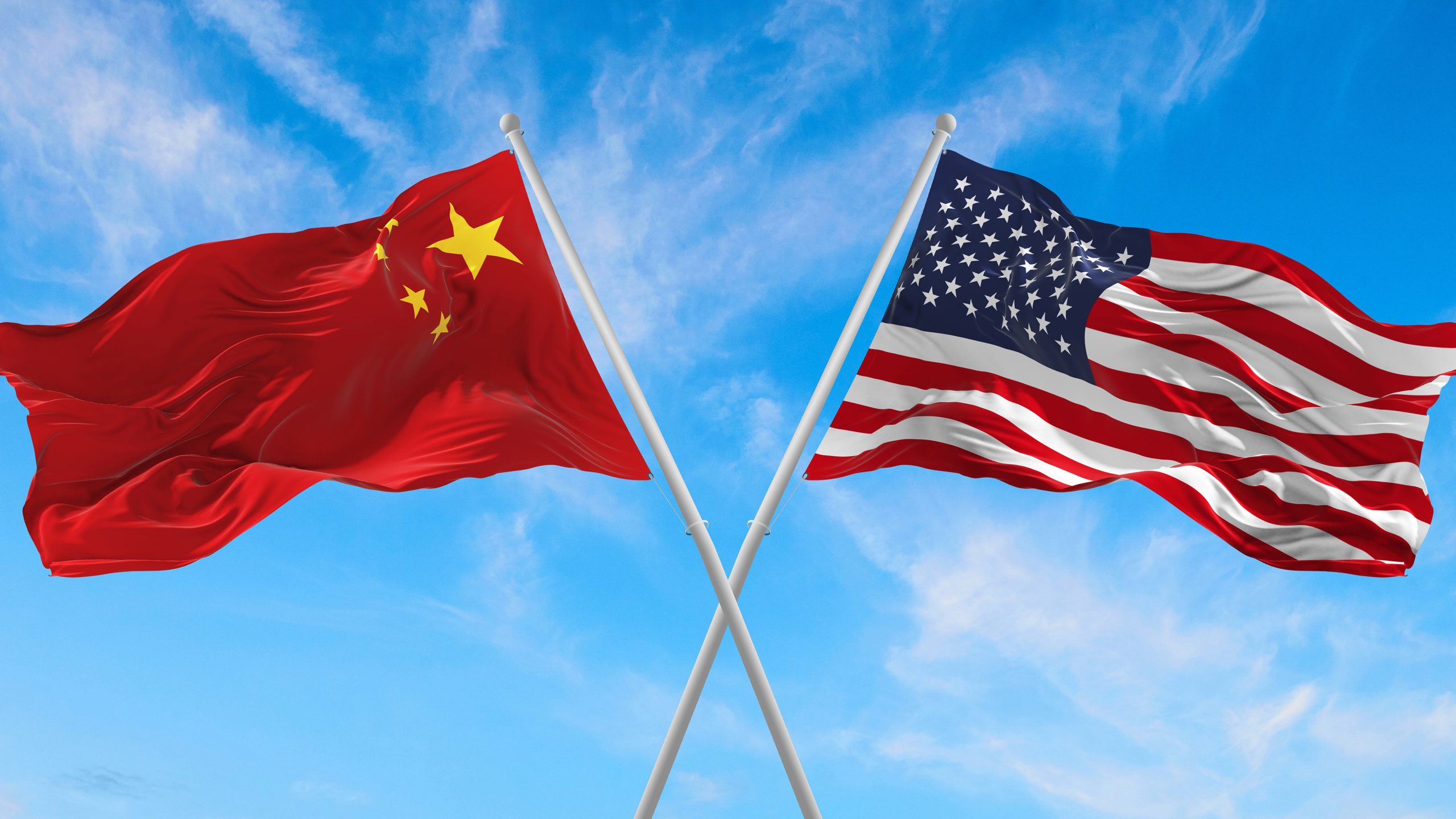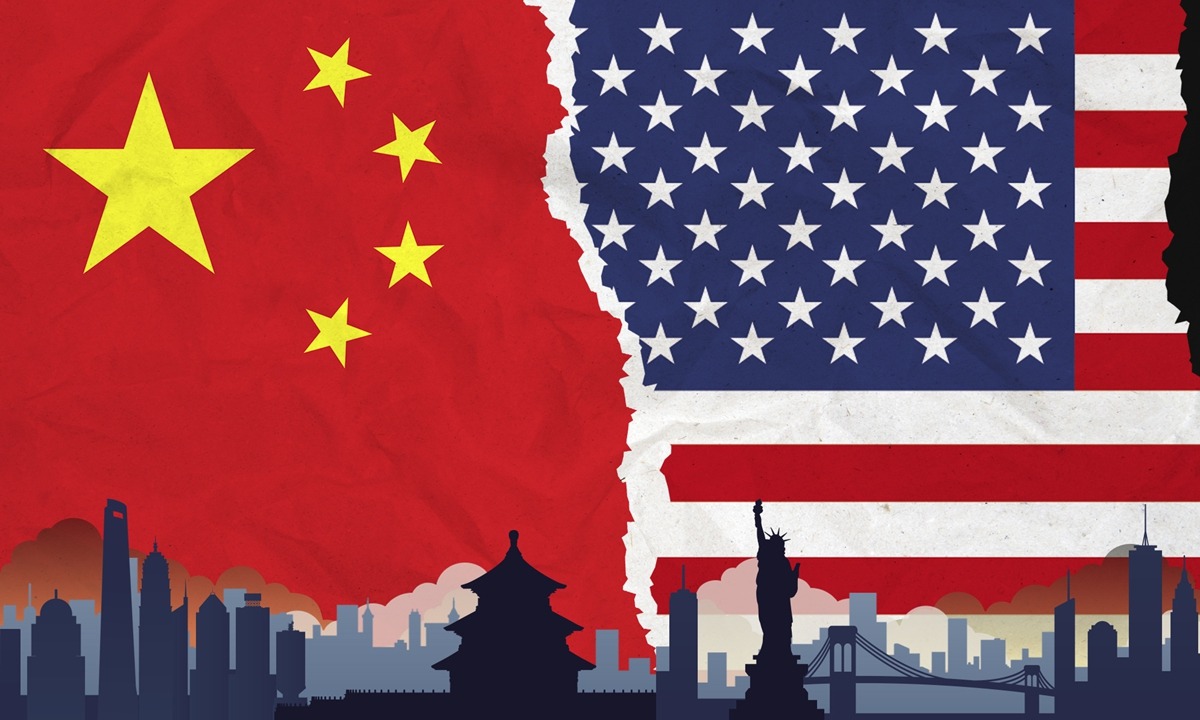The Department of Homeland Security (DHS) is under scrutiny for a 2009 decision allowing Chinese nationals into U.S. territories without visas, citing a “vast public benefit.” Republicans argue this creates a loophole for Chinese Communist Party members to infiltrate the U.S., endangering national security.
DHS defended this policy, stating it originated from the Guam-Commonwealth of the Northern Mariana Islands (CNMI) Visa Waiver Program, following Public Law 110-229. This law requires DHS to identify countries benefiting CNMI economically, leading to China’s inclusion in 2009.
Chinese nationals can visit Guam and CNMI visa-free for up to 14 days for business or pleasure but aren’t authorized for employment and can’t travel to other U.S. areas. DHS assured rigorous screening and vetting to prevent misuse. Republican lawmakers criticize this policy, citing national security risks, especially with Guam’s strategic military bases.

US And China (Credits: CNN)
In separate news, the Kansas Reflector celebrated winning six first-place awards at the Kansas Press Association Awards of Excellence despite challenges like Facebook restrictions and legislative pressures.
Delectable wins included Editor-in-Chief Sherman Smith’s news story on a newspaper’s clash with law enforcement and his editorial writing award. Max McCoy also won for column writing, reflecting the newsroom’s talent and dedication.
In international affairs, Manila accused China’s coast guard of harassing Filipino fishermen during a food security mission near the South China Sea’s disputed area.
China claims sovereignty over the area, while the Philippines asserts its rights within its exclusive economic zone (EEZ). The incident involved Chinese vessels confronting Philippine boats deploying fishing devices.

China and US (Credits: CNBC)
Videos showed Chinese coast guard actions, including water cannon threats, prompting criticism of China’s aggression and disregard for Philippine rights. The U.S. Navy’s presence during the incident raised questions about international involvement in the dispute. China defended its actions, alleging Philippine violations and sovereignty infringement.
These events highlight ongoing global tensions, particularly territorial disputes, national security, and diplomatic challenges between countries like the U.S., China, and the Philippines. The outcomes of these disputes and policy decisions will greatly impact regional stability and international relations.























